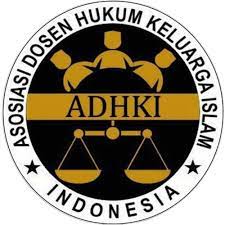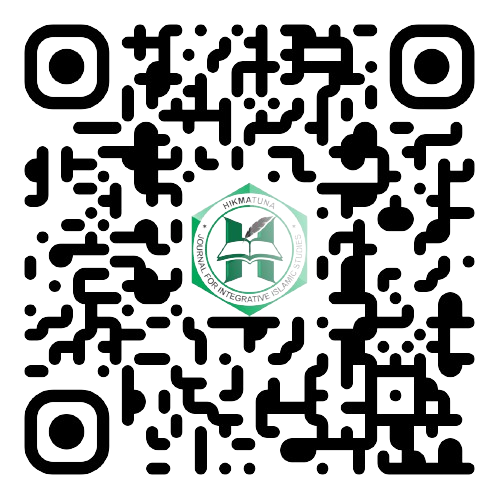The Value System of Pancasila and Islam and Their Implementation in Sharia Economics in Indonesia: A Conceptual-Qualitative Approach
DOI:
https://doi.org/10.28918/hikmatuna.v8i2.6323Keywords:
Islam, , Sharia Economics, Value System, PancasilaAbstract
This article makes an attempt to explain how Pancasila and Islam contribute to each other in the life of the state and strengthen the unitary state of the Republic of Indonesia (NKRI). Undoubtedly, the vast majority of the country's Muslims played a significant role in freeing the land from the colonial rule of other countries, laying the groundwork for the nation's future autonomy by forming the ideology and foundation of the state on the principles of Pancasila, and achieving these goals. The adoption of a law that governs sharia financial institutions and sharia non-banking institutions is compelling evidence that Islam and its teachings have made significant contributions to the improvement of the state of the Indonesian economy. At the same time, the Pancasila economic system is strengthened by the adoption of this law.
Downloads
Published
How to Cite
Issue
Section
License
Copyright (c) 2022 Hikmatuna : Journal for Integrative Islamic Studies

This work is licensed under a Creative Commons Attribution-ShareAlike 4.0 International License.















